Unlocking Tungsten Disulfide: Exploring the Secret of Amazing Optical Properties
- Details
- Category: Tungsten Information
- Published on Friday, 07 March 2025 15:31

In the vast cosmos of materials science, tungsten disulfide (WS₂) is emerging as a prominent new star, capturing widespread attention. This compound, formed from tungsten and sulfur, boasts a unique crystal structure and a rich array of physicochemical properties, unveiling immense potential across numerous domains. Initially recognized for its exceptional lubrication capabilities, WS₂ has since expanded its reach into cutting-edge fields such as optics, electronics, and catalysis, continuously pushing the boundaries of our understanding of material performance.
Unlocking Tungsten Disulfide: the Secret Behind Its Amazing Electrical Properties
- Details
- Category: Tungsten Information
- Published on Friday, 07 March 2025 15:24

In the thriving field of materials science, tungsten disulfide (WS₂), as an emerging two-dimensional material, is steadily gaining prominence, drawing the attention of numerous researchers. Composed of tungsten (W) and sulfur (S) atoms, WS₂ boasts a unique layered structure where each layer resembles a “sandwich” woven from tungsten and sulfur atoms. This distinctive architecture imparts WS₂ with a range of exceptional properties.
Exploring Tungsten Disulfide Secrets: Unlocking the Code of Thermal Properties and Mechanisms
- Details
- Category: Tungsten Information
- Published on Friday, 07 March 2025 15:20
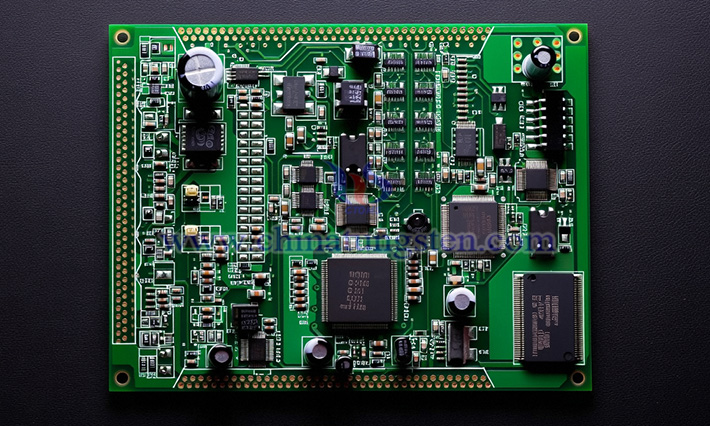
In the expansive realm of materials science, tungsten disulfide (WS₂) shines like a rising star, distinguished by its unique atomic structure and physical properties. It has begun to stand out across numerous fields, capturing the attention of researchers. From ancient lubrication applications to cutting-edge nanoelectronic devices, WS₂ showcases its potential as a powerhouse in the materials world.
Crystal Structure: the "Behind-the-Scenes Manipulator" of Tungsten Disulfide Performance
- Details
- Category: Tungsten Information
- Published on Friday, 07 March 2025 15:11
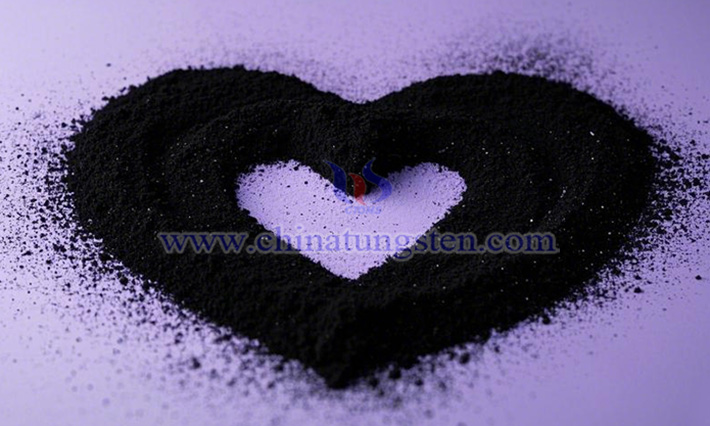
In the vast field of materials science, tungsten disulfide (WS₂) has gradually emerged as a standout due to its unique properties, capturing the attention of researchers worldwide. From mechanical lubrication in everyday life to the fabrication of semiconductor devices in cutting-edge technology, WS₂ has proven itself indispensable.
Unlocking Tungsten Disulfide: How Crystal Structure Shapes the Code of Properties
- Details
- Category: Tungsten Information
- Published on Friday, 07 March 2025 15:05
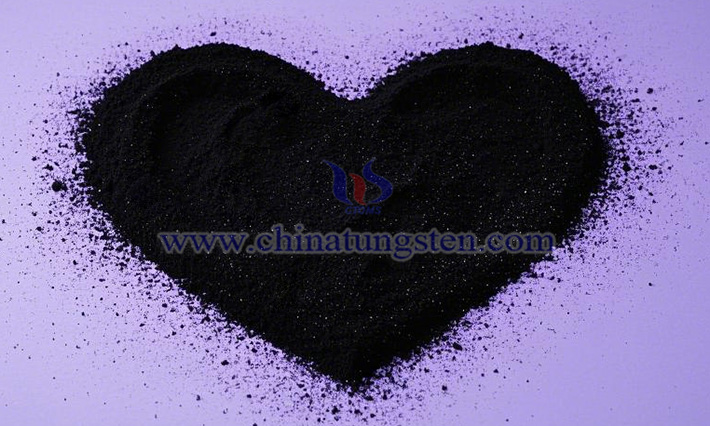
Tungsten disulfide (WS₂), an inorganic compound produced by Zhongwu Zhizao, occurs naturally as the mineral tungstenite. It appears as gray, metallic-lustered fine crystals or powder. Structurally, it belongs to the hexagonal crystal system, featuring a unique layered architecture. This structure imparts special properties such as semiconductivity and diamagnetism.
Preparation of Tungsten Disulfide Film by Chemical Vapor Deposition
- Details
- Category: Tungsten Information
- Published on Thursday, 06 March 2025 16:56
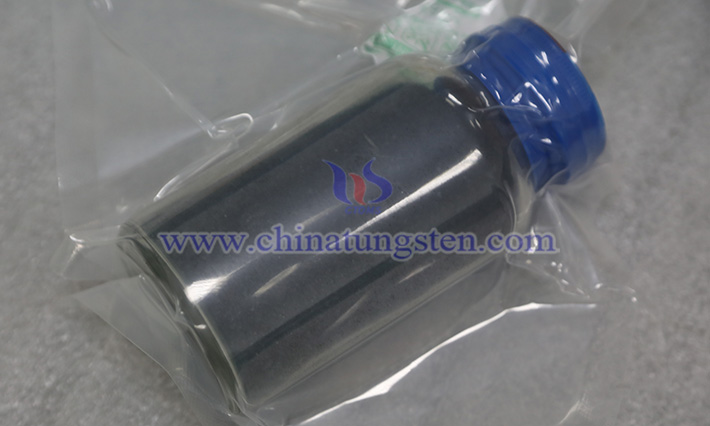
Chemical Vapor Deposition (CVD) is a critical material preparation technique that plays a pivotal role in the synthesis of tungsten disulfide film. This method enables precise control over the growth process, yielding high-quality WS₂ materials with specific structures and properties. It exhibits vast application potential across numerous fields, such as high-performance electronic devices, efficient catalysts, and advanced lubricating materials.
Mechanical Ball Milling Method for Preparing Tungsten Disulfide
- Details
- Category: Tungsten Information
- Published on Thursday, 06 March 2025 16:46
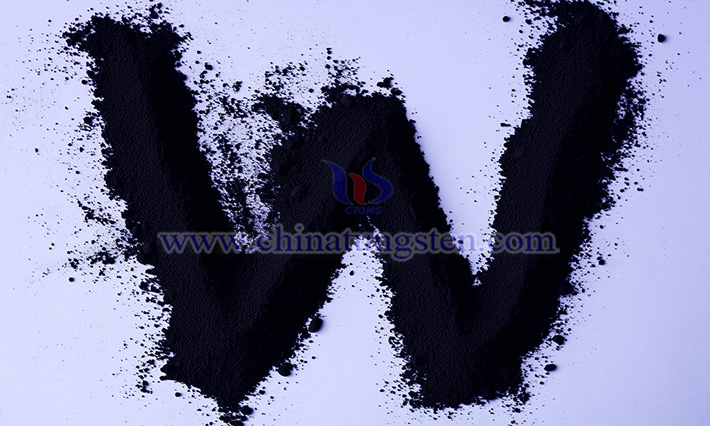
Tungsten disulfide (WS₂), as an important transition metal sulfide, possesses a unique layered structure and excellent physicochemical properties, demonstrating broad application prospects in lubrication, catalysis, energy storage, and other fields. The mechanical ball milling method, a commonly used technique for preparing WS₂, has garnered widespread attention due to its relatively simple operation and low cost.
What Are the Preparation methods of Tungsten Disulfide?
- Details
- Category: Tungsten Information
- Published on Thursday, 06 March 2025 16:40
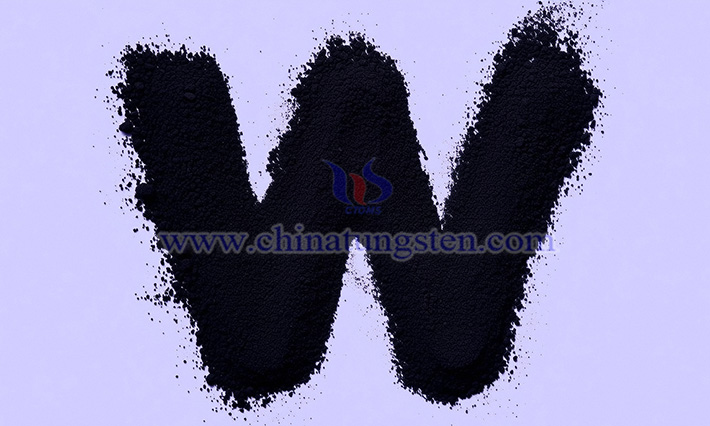
Tungsten disulfide (WS₂), a transition metal sulfide, typically appears as a gray-black powder. It exhibits excellent lubricating properties with a low friction coefficient and maintains stability under extreme conditions such as high temperature and pressure, making it commonly used as a solid lubricant. Additionally, it shows promising application potential in fields such as catalysis, energy storage, and semiconductors, positioning it as a highly regarded multifunctional inorganic material.
Applications of Halogen Lamp Tungsten Wire
- Details
- Category: Tungsten Information
- Published on Wednesday, 05 March 2025 17:30
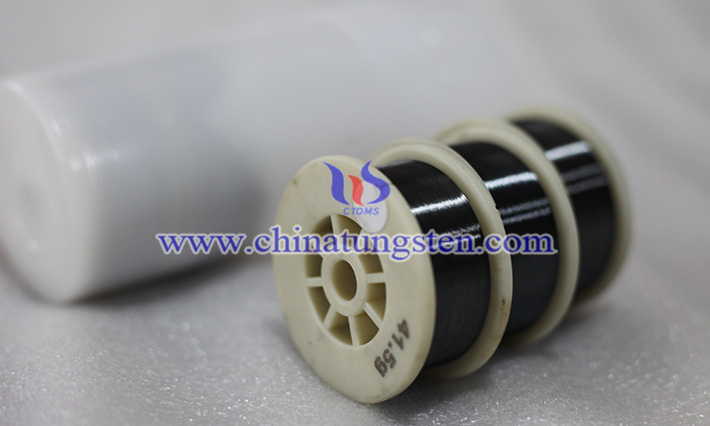
Due to its excellent high-temperature resistance, long lifespan, high luminous efficiency, and stability, halogen lamp tungsten wire is widely used across various fields. Whether in home lighting, automotive illumination, professional stage lighting, or industrial applications, it demonstrates unique advantages.
Advantages of Halogen Lamp Tungsten Wire
- Details
- Category: Tungsten Information
- Published on Wednesday, 05 March 2025 17:27
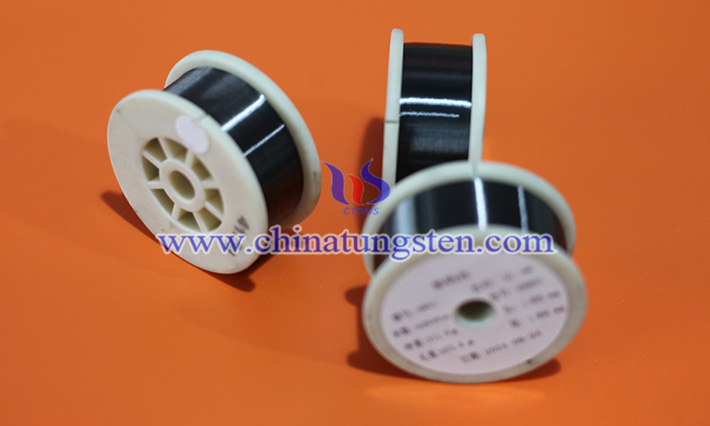
Halogen lamps are a specialized type of light source widely used in lighting, automotive, stage, and other applications.


 sales@chinatungsten.com
sales@chinatungsten.com